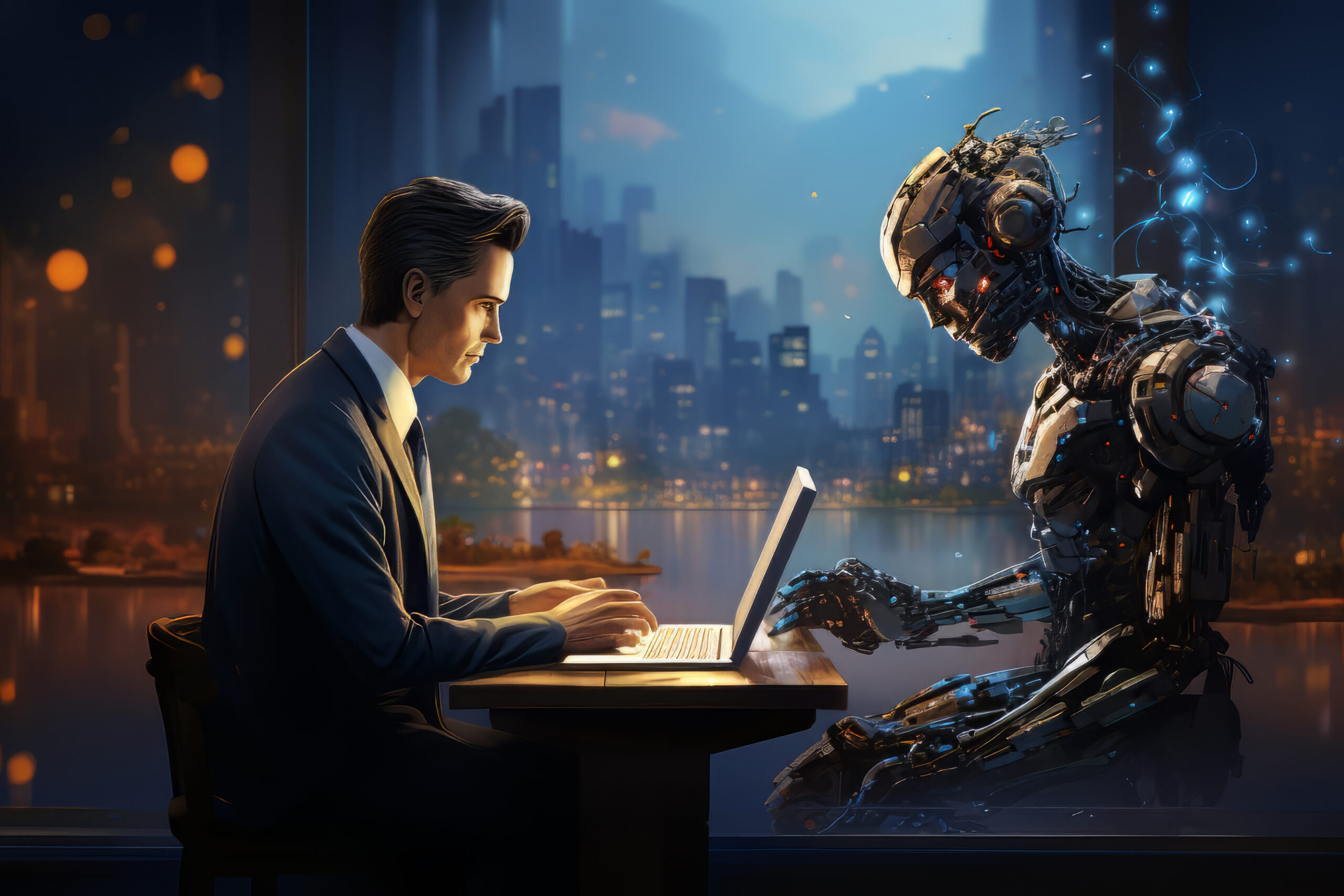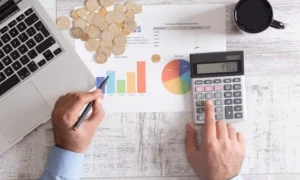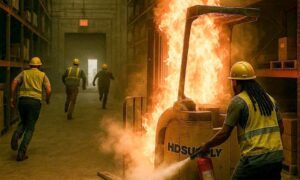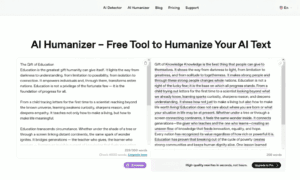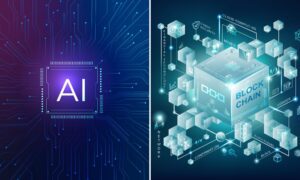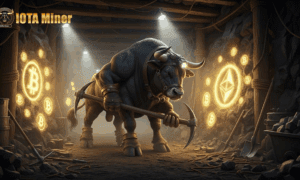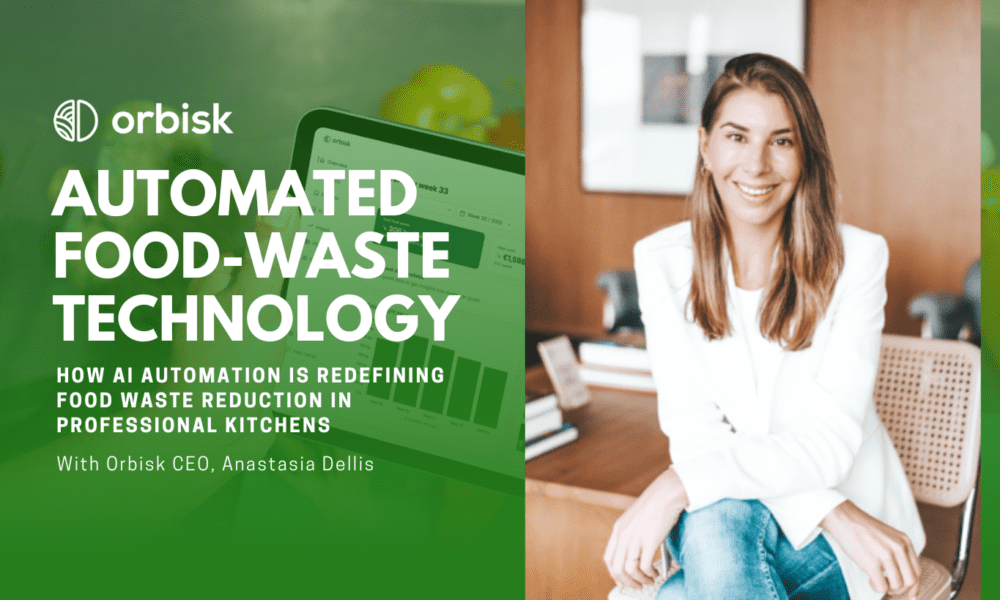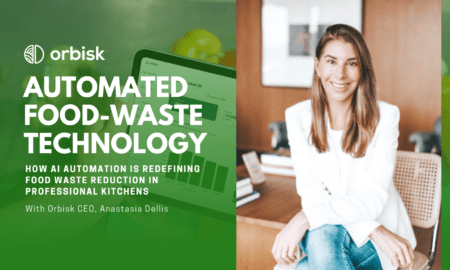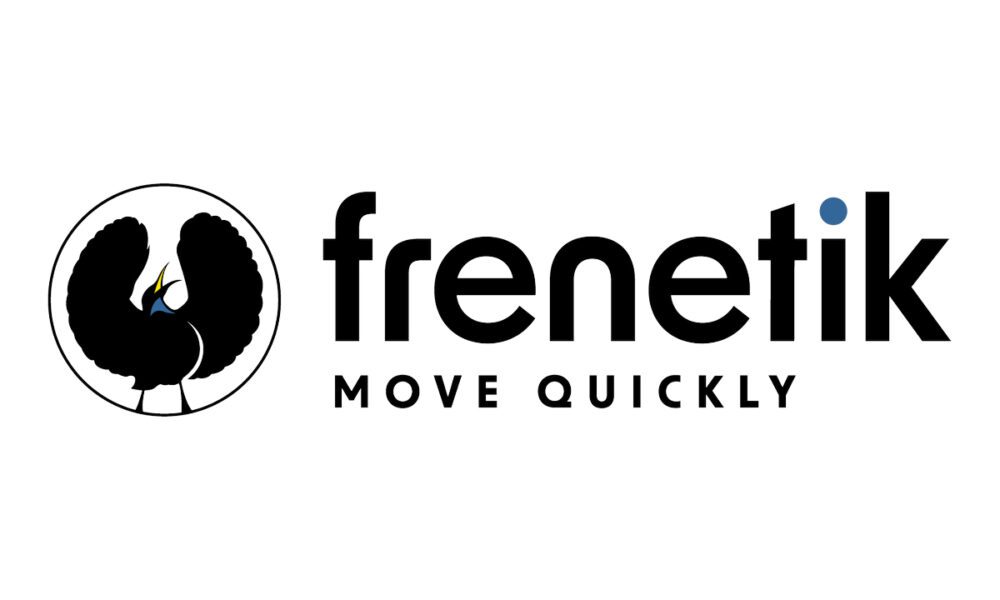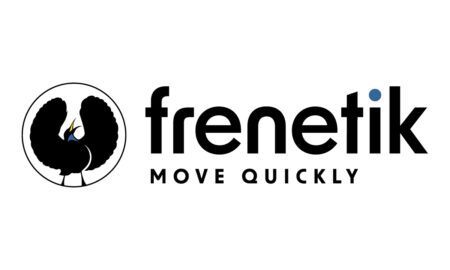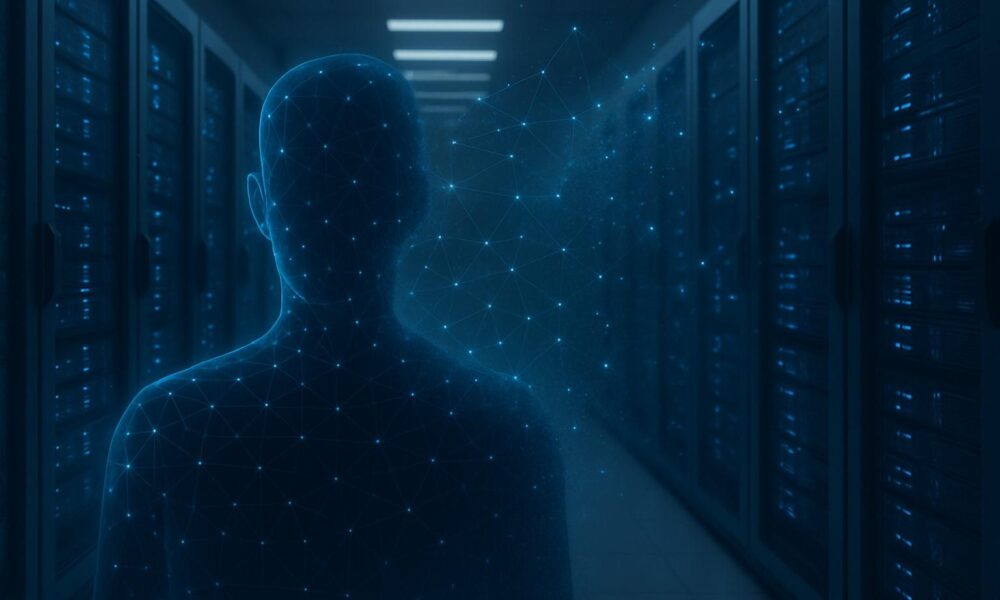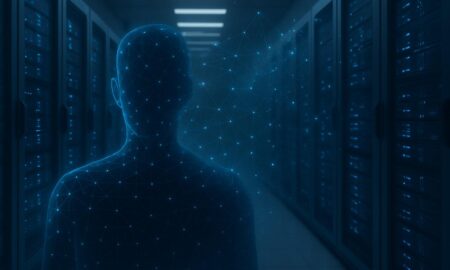Finance is changing at a very high pace, and to a large extent, it is influenced by technology, specifically, artificial intelligence (AI). AI alters the way we will examine, implement, and process trades.
Human vendors continue to be of great importance, as they offer intuition, emotional intelligence, and experience. The question of the year 2026 is: Will human traders be replaced by AI, or will they coexist to create the future of finance?
The Rise of AI Trading
From Goldman Sachs to JP Morgan, financial giants are using AI to optimize portfolios, forecast volatility, and eliminate bias. Machine learning algorithms digest millions of data points per second — far beyond human capacity — to spot patterns and opportunities invisible to the naked eye.
AI thrives where milliseconds mean millions. In high-frequency trading, it reacts instantly to market signals, turning volatility into profit. That’s why an increasing number of independent traders and institutions are adopting AI-assisted platforms such as Intellectia.ai — an emerging leader that bridges human judgment with machine precision. Instead of relying solely on emotion or instinct, traders can now use AI-powered insights to interpret global market signals, manage risk, and uncover opportunities faster and more accurately.
The Human Touch in Trading
The strong points of AI are speed and efficiency, whereas the rest of humanity is intuitive and flexible. Markets are subject to numbers, psychology, and events in the world, as well as unpredictable human behavior.
In such crisis cases, like in geopolitical wars or natural catastrophes, human merchants are able to make subtle choices out of experience and intuition. AI usually fails where the available data is not in line with the historical data.
The Main Distinctions Between AI and Human Traders
| Feature | AI Traders | Human Traders |
| Speed | Execute thousands of trades per second | Limited by reaction time |
| Accuracy | Data-driven, emotionless | Subject to fatigue or bias |
| Adaptability | Struggles with unseen events | Can improvise in chaos |
| Insight | Finds correlations | Understands causation & sentiment |
Challenges Faced by AI Trading
AI is not perfect. It is based on information; faulty information may result in poor choices. A lot of systems are black boxes and do not have much transparency. This erodes trust.
Flash crashes might happen due to algorithmic errors, and so might market manipulation. Since AI is not emotionally conscious, it cannot experience panic and optimism that influence the behavior of the market.
These issues demonstrate that human control is still needed to create equilibrium, consistency, and a moral decision-making procedure.
The Hybrid Future of Trading
Rather than competing, the most successful traders in 2026 will collaborate with AI.
Here’s what that looks like:
- AI analyzes global markets, risk trends, and sentiment in real time.
- Humans interpret results, develop creative strategies, and apply moral judgment.
- Together, they achieve higher efficiency with lower emotional bias.
That’s the core philosophy behind Intellectia.ai — a next-generation AI trading research hub built for traders who don’t want to choose between automation and intuition. By leveraging AI analytics alongside human strategy, it represents the future of intelligent finance.
Market Volatility: Who Handles It Better?
AI, as well as humans, is volatility tested. AI can process a large amount of data and respond more quickly than a human being. It, however, does not give reasons as to why volatility is experienced. Humans do it between the lines and are commonly aware that a sharp downturn may be short-term panic and does not signal a fundamental problem.
Therefore, the most efficient solution in volatile markets is the result of integrating AI speed with human experience.
Ethical and Regulatory Challenges
Regulation is the most important with AI assuming the additional role of trading.
Key ethical questions:
- Can artificial intelligence inherently trade vigilance?
- Lords Humani, who bears the price of the AI errors?
- Does AI have an unwanted ability to manipulate the market?
These complicated problems testify to the fact that human control is necessary.
The Future of Trading: Collaboration, Not Competition
The future does not entail AI supplanting human beings; it is a case of cooperation. The future strategies that can be successful in 2026 and beyond will probably be hybrid systems that incorporate the data-crunching ability of AI with human imagination and judgment.
AI will handle:
- Data analysis
- Risk management
- Trade execution, while
Humans focus on:
- Strategy development
- Market interpretation
- Long-term vision
Conclusion
Competition is not an issue of AI and human traders; it is an issue of evolution. AI paves its way with accuracy, rapidity and reliability; humans introduce intuition, flexibility, and morals.
By 2026, the financial landscape won’t belong solely to machines or humans — it will belong to those who know how to combine both.
That’s exactly where platforms like Intellectia.ai are leading the charge — empowering traders to amplify human insight with AI-driven analytics. In the end, the future of trading isn’t artificial intelligence replacing humans — it’s human intelligence enhanced by AI.

